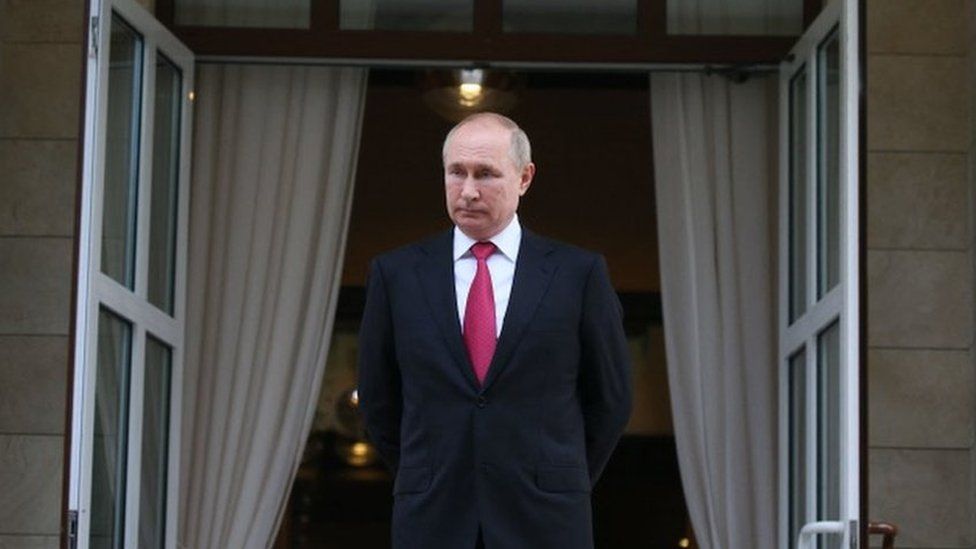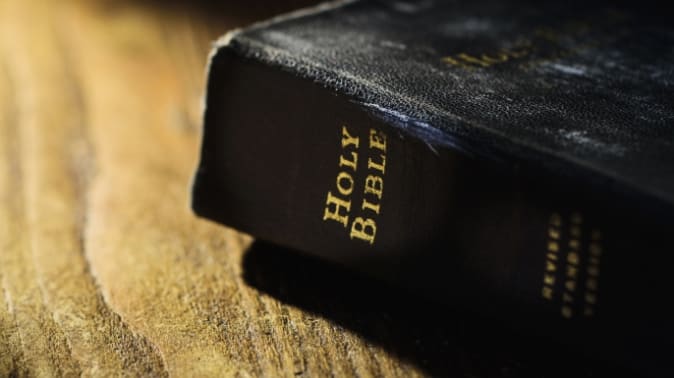Phone-maker Samsung has apologised for a software update sent to UK customers stating Russian government-mandated apps had been downloaded.
It blamed a technical error for the incorrect wording and said no Russian apps had been installed.
A new law in Russia that demands smartphones offer software from the country came into effect in April.
One expert said that Samsung had not fully explained what went wrong and that customers would be concerned.
Andrew Edmans bought a second-hand Samsung Galaxy Z Fold2 phone from Amazon Marketplace three weeks ago, and ran an official Samsung update.
After the installation had completed, he noticed the wording which read: “As part of the implementation of the requirements of the decree of the government of the Russian Federation No 1867 of 18/11/2020, the download of mandatory applications has been added. Some of these apps will only be installed if the device is reset to factory settings.”
Concerned, he contacted Samsung who promised a reply within 48 hours.
He got nothing and called again four days later.
“Finally a tech remote-accessed my phone and confirmed the update, and stated he’d never seen it before and referred me to customer solutions.”
This was escalated to head office and Mr Edmans was eventually told it was “a notification error”.
Samsung told the BBC: “We can confirm that the wording of the message was incorrect and shared with a limited number of UK customers due to a technical error.
“The upgrade received was UK-specific and no third-party apps from Russian have been installed on devices, or have access to the device itself
“We sincerely apologise for any inconvenience caused by this.”
Mr Edmonds said that he was “disappointed” with the way Samsung had handled the issue.
“All I know is, as of this morning, my Samsung Fold 2 device still states it has a Russian Federation update on it,” he said.
“I suffer from bipolar and anxiety disorders and this concern over security on my phone has only compounded those issues.”
Russian restrictions
 IMAGE SOURCE,GETTY IMAGES
IMAGE SOURCE,GETTY IMAGESProf Alan Woodward, a computer security expert at University of Surrey, said that it was hard to understand what technical error could have caused such a message to be sent by mistake.
But, he added, it offered an insight into how Samsung was dealing with the Russian law.
“The good thing about this warning – assuming it is meant for you – is that Samsung is being transparent by giving you links to the Russian Federation decree that mandates such software.”
But privacy expert Pat Walshe said he thought the issue had been badly handled by Samsung.
“I do not believe that Samsung handled this matter appropriately, or considered the anxiety and distress this caused Mr Edmans, and the fact that he could not trust the install.
“How many customers received the notice? How did the error occur? How can individuals be confident that erroneous software was not installed on their device?”
Russia has tightened its rules on the internet in recent years, including requiring search engines to delete some results and calling on messaging services to share encryption keys. ISPs are required to install network equipment that can filter content.
It has also tested an unplugged version of the internet, which would give the Kremlin the ability to switch off connections to the worldwide web if it felt the country was under threat.
The law requiring smartphones, computers and smart televisions sold in the country to have Russian alternatives to their normal software installed became effective in April 2021.
It was designed to help Russian software firms promote their smartphones, although some have raised concerns that the Russian-made software could be used to spy on users.
Samsung agreed to pre-install these apps but rival Apple did not – instead it offers users the option to install the Russian alternatives, which is not compulsory.
Initially it had refused to comply at all but, after pressure from Moscow, agreed to that compromise.






